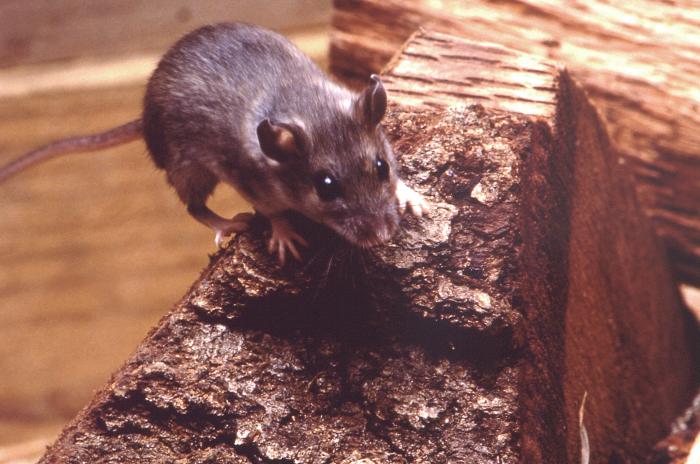Skagit County health officials reported a hantavirus case in a resident late last week, making it the fourth case in Washington state this year.

Though the patient has fully recovered, Public Health officials warn that the disease can be deadly. Infection can cause respiratory distress, called Hantavirus Pulmonary Syndrome.
Hantavirus is carried by deer mice and is found in their urine and droppings. Infection can occur if someone breathes in the dust or particles contaminated with the virus, or if someone touches rodent urine, droppings or nest materials, and then touches their eyes, mouth or nose. Hantavirus can’t be passed from person to person.
Related: Seattle, hantavirus and an interesting transmission theory
“We always encourage people to take precautions when cleaning old storage areas or buildings where mice can build nests,” said Joanne Lynn, Environmental Health Division Manager.
The CDC recommends that people take the following steps if they plan to clean potentially rodent-infested areas:
- Do not stir up dust by vacuuming, sweeping, or any other dust-generating means.
- Wear rubber, latex, vinyl or nitrile gloves.
- Thoroughly wet contaminated areas including droppings, dead mice, and nests with a bleach solution or household disinfectant. Bleach solution: Mix 1½ cups of household bleach in 1 gallon of water. Use only freshly mixed solution.
- Once everything is soaked for 10 minutes, remove all of the nest material, mice or droppings with damp towel and then mop or sponge the area with bleach solution or household disinfectant.
- Spray dead rodents with disinfectant and then double-bag along with all cleaning materials and debris. Throw out rodent in an appropriate waste disposal system.
LISTEN: Hantavirus: An interview with Dr Paul Ettestad
Symptoms of hantavirus appear between one and eight weeks after exposure, and include sudden onset of flu-like symptoms: Fever, head and muscle aches, followed by shortness of breath or other breathing difficulties. People who have recently been in areas where rodents are likely to nest, and are experiencing these symptoms, are encouraged to contact their healthcare provider. Roughly one in three people who contract hantavirus have died.
Related:

